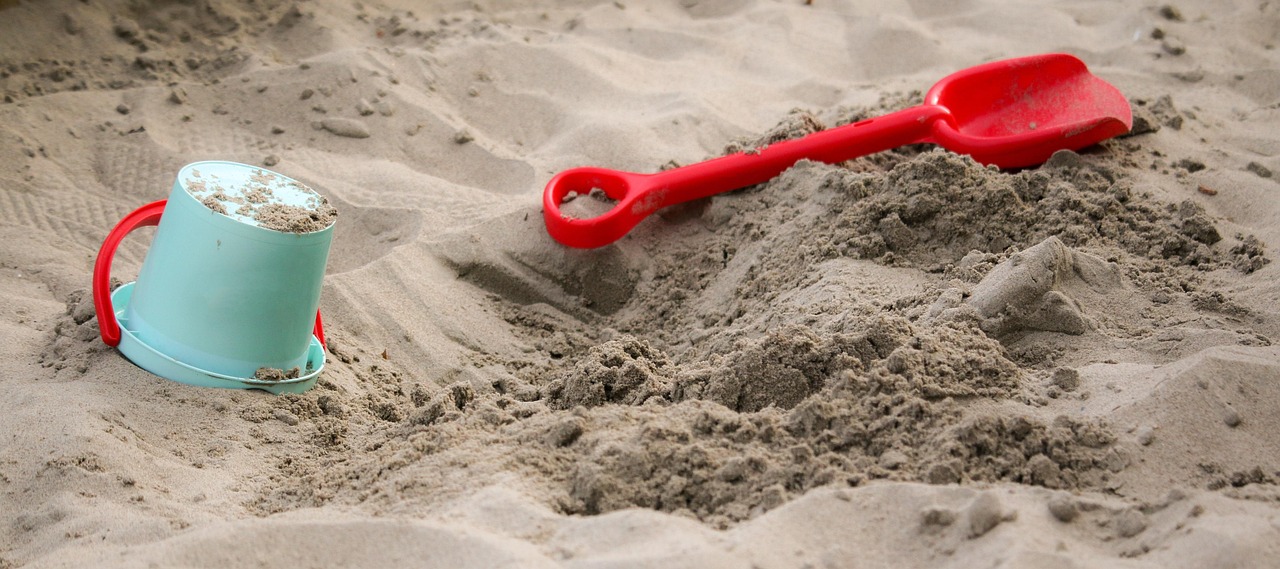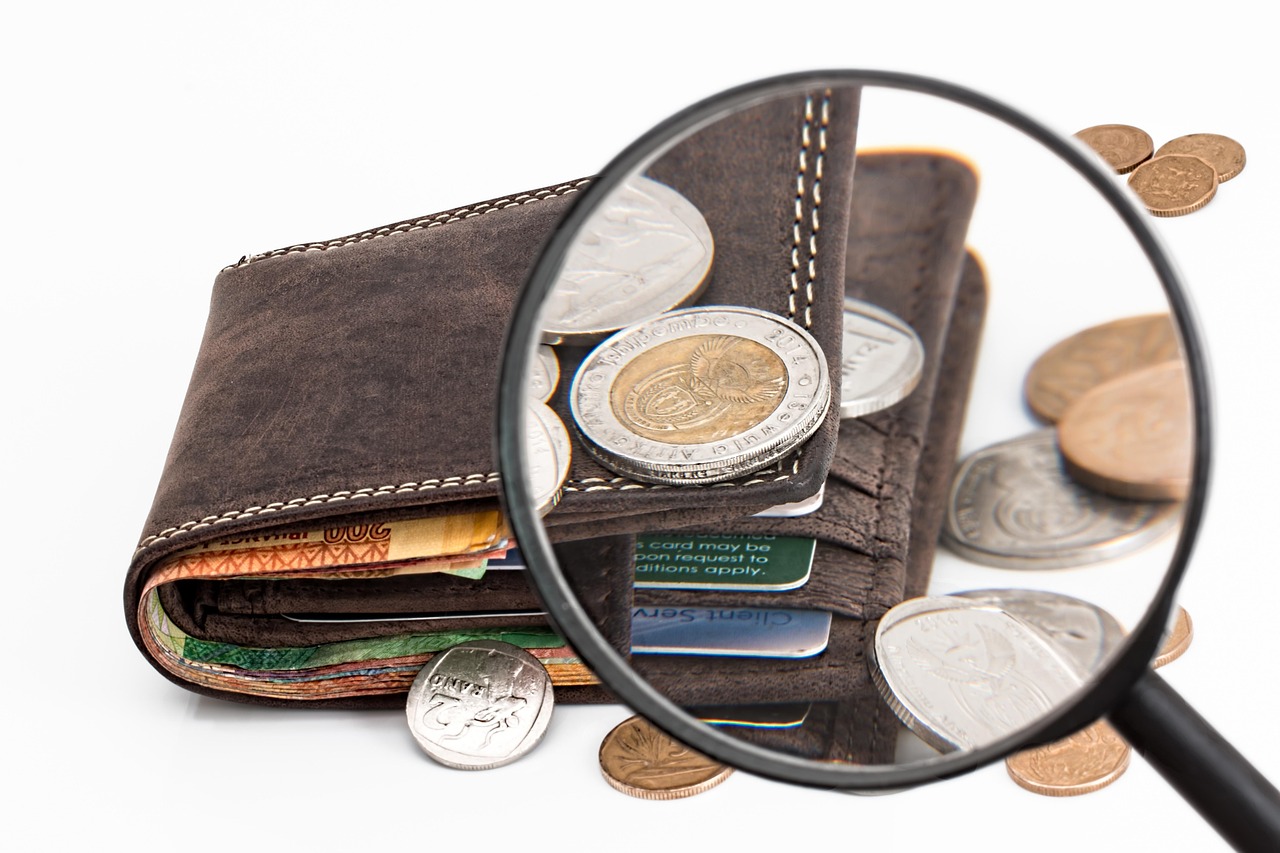Bread Offers BNPL for Handmade Furniture Design

In a significant development for the handmade furniture industry, Bread, a leading financial technology company, has introduced a Buy Now, Pay Later (BNPL) option tailored specifically for handmade furniture design. This move is poised to redefine purchasing experiences by providing more flexible payment solutions, ensuring that high-quality, artisanal furniture becomes accessible to a broader audience.
As the global furniture market continues to grow, with a particular emphasis on sustainable and handmade products, the introduction of BNPL options marks a notable shift. According to a report by Allied Market Research, the global market for furniture is expected to reach $800 billion by 2025, with a significant portion of this growth driven by consumer preference for unique, handmade designs. Bread’s BNPL offering aims to tap into this burgeoning market by providing consumers with financial flexibility, thereby encouraging higher sales volumes for artisans and small businesses.
BNPL services have gained significant traction globally, particularly among younger consumers who prefer the convenience and cash flow management these services provide. A study by Worldpay indicates that BNPL transactions are predicted to account for nearly 14% of all global e-commerce payments by 2023. This payment model enables consumers to split purchases into manageable installments, often with little to no interest, making it an attractive alternative to traditional credit options.
For artisans and producers of handmade furniture, BNPL presents several advantages:
- Increased Sales: By offering BNPL, artisans can appeal to customers who might be hesitant to make a large, upfront investment.
- Improved Cash Flow: While customers pay over time, artisans receive the full payment from Bread at the time of purchase, ensuring steady cash flow.
- Competitive Edge: With larger retailers increasingly offering similar payment options, small businesses can remain competitive by adopting BNPL solutions.
Furthermore, Bread’s platform is designed with both the merchant and consumer in mind. For merchants, the integration process is straightforward, with an easy-to-use API that allows seamless incorporation into existing e-commerce systems. For consumers, the application process is quick, with instant approval decisions that enable immediate purchasing power.
Globally, the adoption of BNPL services in niche markets like handmade furniture reflects broader trends in consumer behavior. As consumers increasingly prioritize unique, high-quality products, financial solutions that support these preferences become crucial. In regions such as Europe and North America, where the handmade and artisanal markets are particularly robust, BNPL services are expected to drive significant economic activity.
However, the rise of BNPL is not without challenges. Regulatory scrutiny is intensifying, with authorities in various regions examining the impact of BNPL on consumer debt levels. Companies like Bread must navigate these regulatory landscapes carefully, ensuring that their offerings promote responsible spending while providing value to consumers and merchants alike.
In conclusion, Bread’s introduction of a BNPL option for handmade furniture design is a strategic response to evolving consumer demands and market dynamics. By bridging the gap between affordability and quality, this initiative not only benefits consumers seeking unique furniture pieces but also supports the growth and sustainability of artisanal businesses. As the handmade furniture market continues to expand, innovative financial solutions like BNPL will play a pivotal role in shaping its future trajectory.














